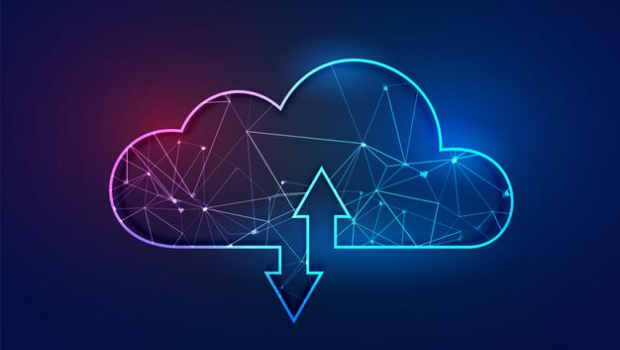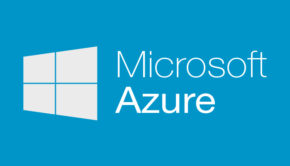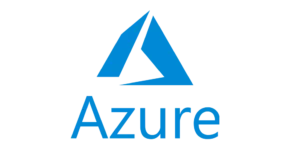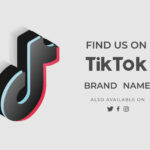Google Cloud Vs AWS vs AZURE Vs DigitalOcean: A Comparison
Cloud solutions can bring a lot of opportunities to individuals and business owners. Fortunately, they are the tools that many companies use to significantly reduce their costs, increase their productivity, and accelerate the deployment of improvements and bug fixes. The result is more customers and revenue that can make a business more sustainable. See more about the Cloud on this website here.
Currently, there are a lot of Cloud providers that are dominating the market, and they are in the form of Microsoft Azure, Google Cloud, Amazon AWS, and Digital Ocean. They are now the conventional storage for text editors, online shopping, videos, and music, and storing all of these files and bits of data requires a lot of money, time, and effort.
Many companies often rest easy, and they can focus more on growth when they know that a third-party provider takes the obligation for their data. They don’t have to rely on computers like RAM or CPUs that offer localized storage where they need to be physically present at a given address to access the files.
Various advantages of these Cloud servers include better security enhancements, flexibility, no-maintenance requirements, savings, and the ability to be able to work anywhere and on any device.
Differences between Each Option to Know
Amazon Web Services or AWS
It’s one of the world’s most broadly adopted and comprehensive clouds that offers over 200 services around the globe. It’s used by Verizon, Apple, Netflix, Expedia, and other companies, and it features high customizability and better performance than auto-scale on both Linux and Windows operating systems. They have container administration and server clusters provided by Fargate and there’s the Elastic Beanstalk for scaling.
Azure
Migrating into this Cloud Computing service are companies like Uber, Adobe, Bosch, Boeing, and PepsiCo. It can support Docker, AWS, Kubernetes, Windows, and Linux if needed, and they can differ in various ways. They can handle hybrid clouds, and there’s an integrated support that’s available for other Microsoft Products.
Google Cloud
Although only a lesser selection of features and apps are available compared to the others, the Google Cloud is still a huge contender, and many believe that its expansion will include significant improvements in the future. They are going to deliver virtual machines with extensive user customizations, reliable performance, and huge storage. If you’re going to migrate your system into the GCP, you can be neighbors with eBay, Etsy, PayPal, Goldman Sachs, and Twitter as needed.
DigitalOcean
A more reasonably priced contender out there is the DigitalOcean, where the set-up is pretty straightforward. Developers are going to be able to complete various tasks like starting servers in a quicker way when they are using this system,
They can offer high-performing permits and services with similar accounts, and this is a simple set-up that can be compatible with many operating systems. Tech-savvy startups can take advantage of these cost-effective options and intuitive interfaces. You can read a more in-depth analysis of the four through Google Cloud vs AWS vs AZURE vs DigitalOcean if you want to see which ones are going to be the right fit for your business.
Comparing the Four
There are over a hundred services that can be available from Azure and AWS, and the Google Cloud is going to be more abundant. For over 60 regions, you can get a guarantee that the services and their availability will be high-quality. Other areas are going to have lower latencies, but they can be solid if you know the kind of services that your business requires.
Compliance offerings will mean that the first three are going to avoid penalties. When you have a software-as-a-service platform, you need to make sure that your Cloud provider is compliant with the EPCS, HIPAA, and other laws and relevant regulations out there.
Easy-to-manage computing capacity and an unmatched 400 Gbps ethernet is something that the AWS platform offers. They can be excellent in terms of scalability, and you can customize your storage, workloads, memory, and compute performance according to your current needs. Find info about ethernet in this URL: https://www.techslang.com/definition/what-is-ethernet/.
As an excellent alternative out of the three, of course, DigitalOcean is worthy of mentioning. It’s a cloud provider that’s available to the public, and they are now catering to a wide range of startups and developers. They’re essentially offering the same products as virtual machines, managed Kubernetes, databases, and platform-as-a-service solutions.
Although they don’t have around a hundred products from the three giants like GCP, AWS, and Azure, they still have the core features with transparent pricing that many like. They can accommodate any fluctuating workloads in a season, and the lower prices are going to allow many business owners to explore the power of the Cloud.
These are all well-known providers, and each of them has its pros and cons. With AWS, you can get scalability and have a more global reach, while GCP is well-known for its machine learning and data management features. Azure is more on security, while DigitalOcean can be your compelling alternative to all of them.















